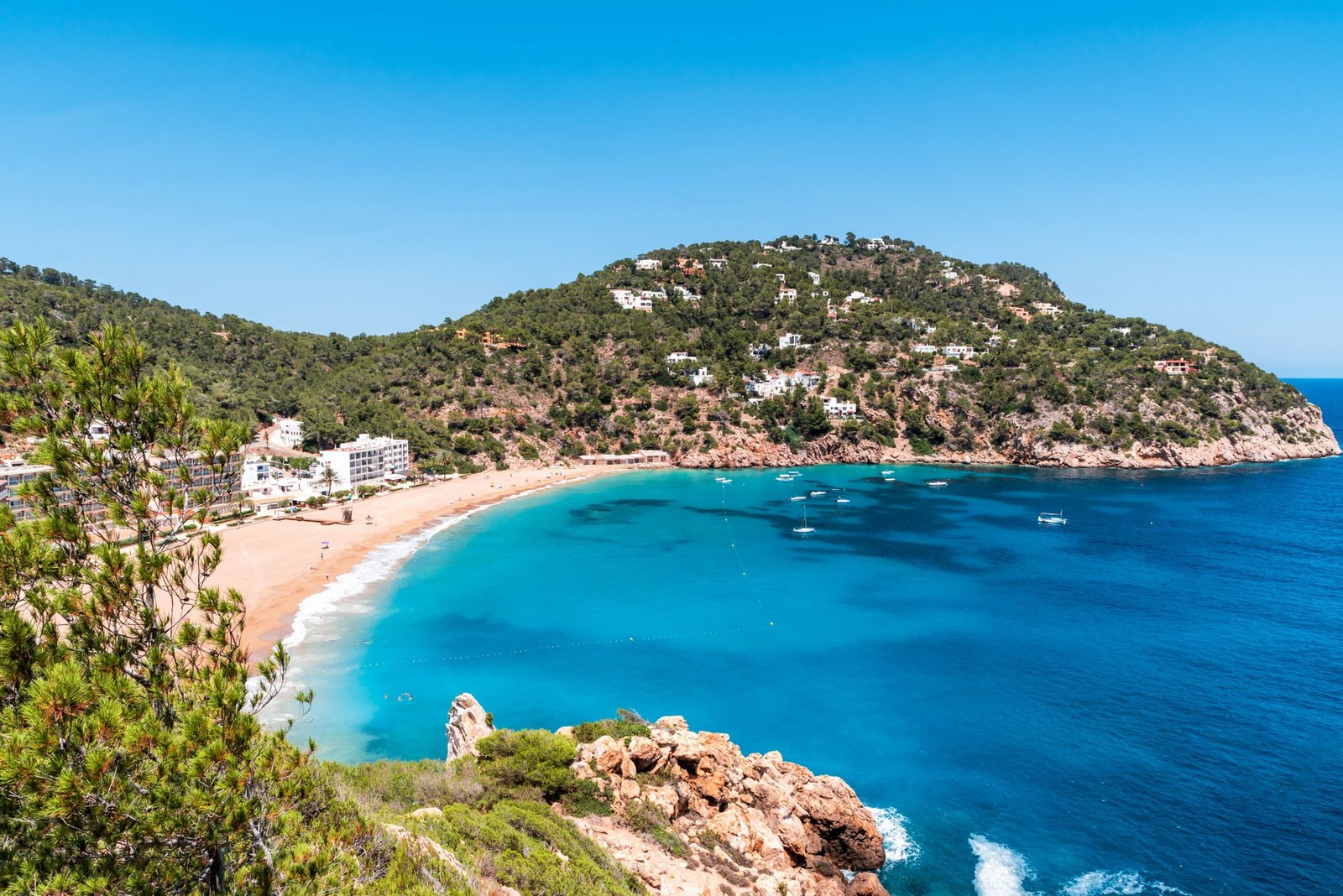Spain: Spanish Prime Minister Pedro Sánchez has announced plans to raise taxes on holiday rentals in a bid to address soaring rents in cities across Spain, in line with a new European Union directive.
Speaking at an economic forum on the future of affordable housing in Madrid on Monday, Sánchez suggested that holiday rentals would need to pay “like a business” and that it “isn’t fair that those who have three, four or five apartments as short-term rentals pay less tax than hotels or workers”.
At the moment, hotels in Spain pay a reduced ten per cent VAT rate, which is automatically included in the bill.
In addition, the Prime Minister said that he was focusing on combatting fraud concerning illegal rentals, without disclosing too much information.
In December, the Spanish Consumer Rights Ministry launched an investigation into Airbnb for allegedly failing to remove “thousands” of illegal short-term rental listings from its platform, ordering it to delete those deemed to be using “illegal advertising” without the necessary tourism use licence just last summer.
At the time, it was also reported that Airbnb could face a potential fine of up to €100,000, or between four and six times the profit it made on the “illegal” listings, according to a ministry statement. Any fine could still be challenged in the Spanish courts.
In response, Airbnb promised to appeal against the investigation, saying that it “always asks hosts to confirm they have the necessary permits and comply with local regulations before advertising themselves on the platform”. It added that the ministry has no authority to enforce rules surrounding tourist accommodation and accused it of using “an indiscriminate method” to compile a list of properties that may not need licences.
In addition, as part of Sánchez’ announcement, the government is planning to impose a tax of up to 100 per cent on the value of properties bought by non-residents from countries outside of the European Union [EU]. Describing the measure as “unprecedented, the Prime Minister said that of the non-EU residents who bought 27,000 properties in Spain in 2023, many had been bought to “make money from them” as opposed to living in.
Meanwhile, landlords in high-rent areas who maintain their rents in line with an official price index will be granted an 100 per cent exemption for the tax on that income. The government will also promote the construction of more social housing across Spain to increase supply and address concerns over tourism and rising rent levels.







